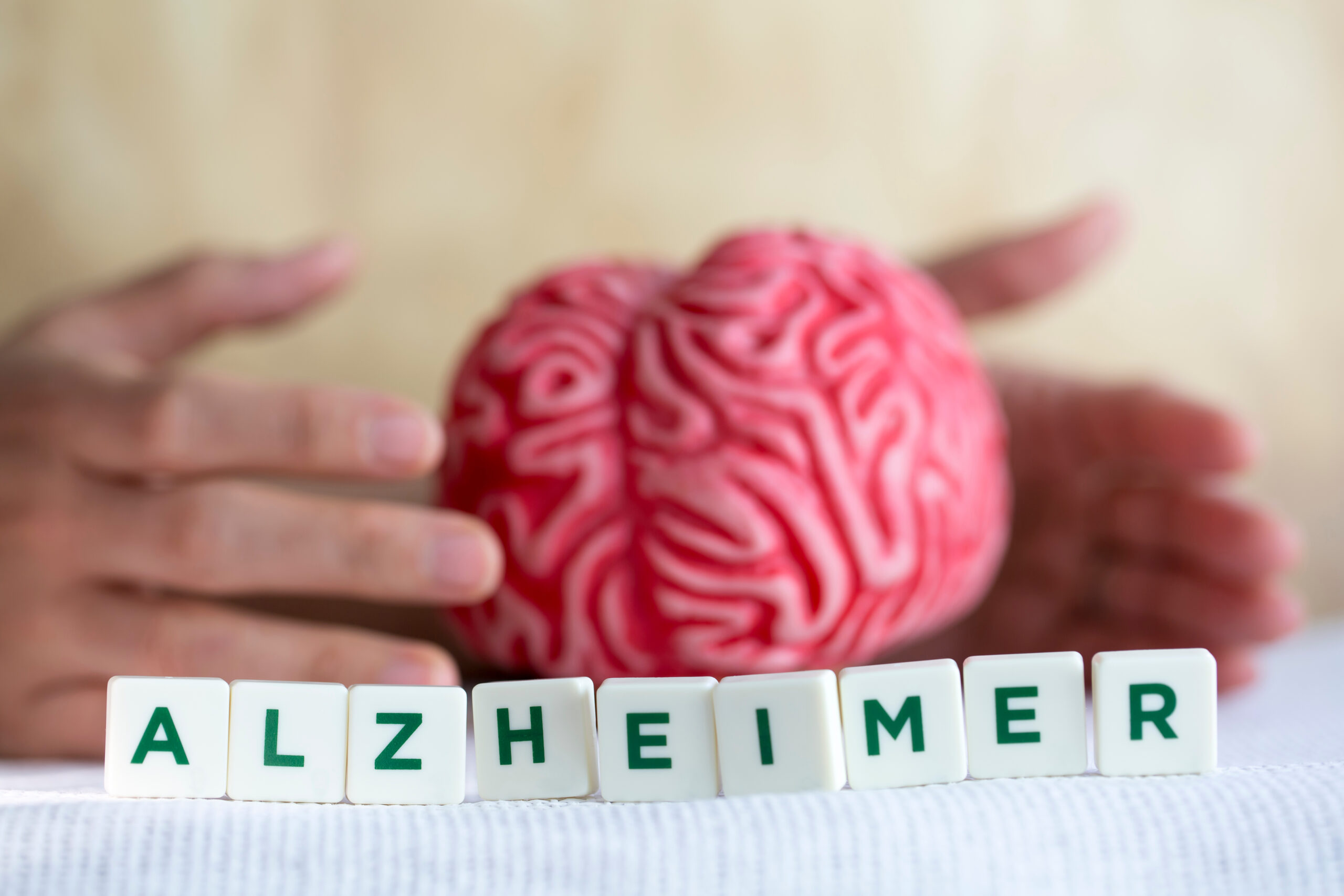The Dementia Symptom That Feels Like You’re Living in a Fog
**Understanding Brain Fog: A Common Symptom of Dementia**
Have you ever felt like you’re living in a fog? Like your mind is cloudy and you can’t think clearly? This feeling is known as brain fog, and it’s a common symptom of dementia. In this article, we’ll explore what brain fog is, how it affects people, and what might be causing it.
### What is Brain Fog?
Brain fog is the feeling that your thinking and memory are not as clear as they used to be. It’s like trying to see through a thick mist. This symptom can cause problems with short-term memory, making it hard to focus, and even affect decision-making.
### Common Symptoms
People with brain fog might experience several symptoms, including:
– **Difficulty Concentrating**: Finding it hard to stay focused on one thing for too long.
– **Short-Term Memory Loss**: Forgetting important appointments or tasks.
– **Feeling Overwhelmed**: Struggling to make plans or organize tasks.
– **Reduced Thinking Speed**: Taking longer to process information.
– **Impaired Decision Making**: Having trouble making decisions or thinking about the consequences.
### Causes of Brain Fog
Brain fog can be caused by several factors, including:
– **Aging**: As we get older, our brains naturally slow down, leading to some cognitive decline.
– **Illnesses**: Conditions like Long COVID or traumatic brain injuries can cause brain fog.
– **Dementia**: Alzheimer’s disease and other forms of dementia are known to cause significant cognitive decline, including brain fog.
### Distinguishing Between Brain Fog and Normal Aging
While some cognitive decline is a natural part of aging, it doesn’t necessarily affect daily functioning. However, dementia is a more severe condition that interferes with daily life. For example, Alzheimer’s disease is characterized by memory loss, difficulty with planning, and changes in behavior.
### How Brain Fog Affects Daily Life
Living with brain fog can be challenging. Simple tasks become difficult, and everyday activities like cooking or managing finances might feel overwhelming. People with brain fog often rely on notes and reminders to stay organized.
### Seeking Help
If you or someone you know is experiencing these symptoms, it’s essential to seek medical help. A healthcare provider can diagnose the underlying cause of brain fog and recommend appropriate treatment. For those with dementia, early diagnosis and treatment can help manage symptoms and improve quality of life.
### Conclusion
Brain fog is a symptom that can significantly impact daily life. Understanding its causes and recognizing its signs can help individuals seek the right care. While it’s a challenging condition, there are ways to manage and cope with it. By staying informed and seeking support, we can better navigate the complexities of brain fog and dementia.
Remember, if you’re experiencing persistent cognitive issues, don’t hesitate to reach out to a healthcare professional for guidance and support.





